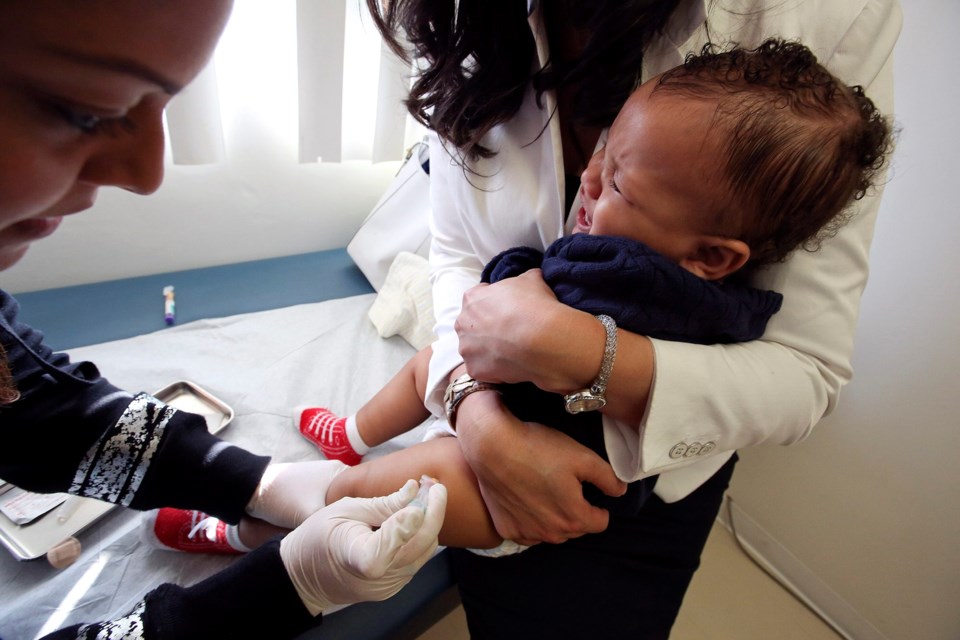The measles cases on Vancouver Island are partially the result of unvaccinated Canadians bringing the illness back from recent trips abroad. This issue has brought to light several questions about our current travel policies to ensure public safety; one question involves vaccination documentation.
In 2015, the Sustainable Development Goals were enacted by the United Nations. The SDGs are 17 global goals that aim to achieve a better and sustainable future for all. Goal 3 specifically speaks to ensuring healthy lives and promotion of well-being for all ages.
Embedded in Goal 3 is the target to end preventable deaths of newborns and children. The measles is one preventable cause of death that can be eradicated. In fact, according to the Centers for Disease Control and Prevention, measles was eradicated in the U.S. in 2000. Globally, deaths from measles decreased by 84 per cent in 2016, but much of what was achieved is under threat with the recent outbreaks.
The outbreaks on Vancouver Island and other places highlight potential opportunity for post-travel vaccine enforcement policies. Health sa国际传媒 advises Canadian travellers to take precautions before travel by recommending a series of vaccinations based on travel destination. Upon arrival, it urges travellers to seek medical treatment or notify border-service officers if they feel unwell.
Under the Canadian Quarantine Act, there are provisions enabling border-service and quarantine officers to take steps, including health assessments and quarantine to ensure public safety. While reasonable, this is predicated on the traveller becoming ill while in transit or at the port of entry.
An additional safety measure might be to require vaccination documentation at the port of entry, for all Canadians returning from international travel.
Vaccine documentation enforcement is not a new concept. People travelling to parts of the world where yellow fever is endemic are required to receive the yellow-fever vaccine and are often asked to produce documentation at the port of entry.
Health-care workers are required to receive the influenza vaccine, unless a justifiable rationale is provided as to why they cannot receive it. Both vaccinated and unvaccinated health-care workers still must provide documentation, upon request.
Could a policy regarding influenza or yellow fever be extended to measles and other infectious diseases with available treatment for Canadians returning from international travels? In my opinion, the answer is yes.
What we learned from combating the 2014 Ebola outbreak in North America urges us to adopt post-travel screening procedures to pre-emptively reduce the risk of transmitting these highly contagious illnesses. While I am not suggesting we implement such rigorous post-travel policies as monitoring of body temperature unless there鈥檚 a reason, I do believe that integrating a vaccine-documentation requirement is a potentially effective way to ensure adequate identification and followup of unvaccinated travellers.
This will also help us gain ground in achieving Goal 3 of the Sustainable Development Goals.
Dzifa Dordunoo PhD, RN is an assistant professor of nursing at the University of Victoria. Her areas of interests include global health, nursing care and knowledge translation. She is also a mother of a fully vaccinated school-aged child. She was hesitant about vaccines when her child was born, but frank, open and honest discussions with the health-care team on the available evidence resulted in her adoption of all recommended vaccines.



